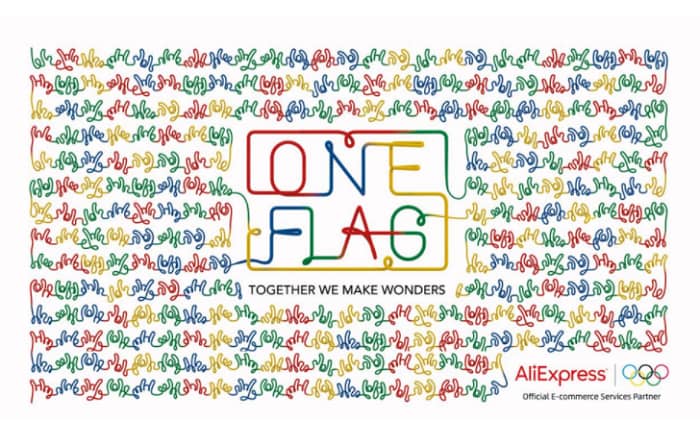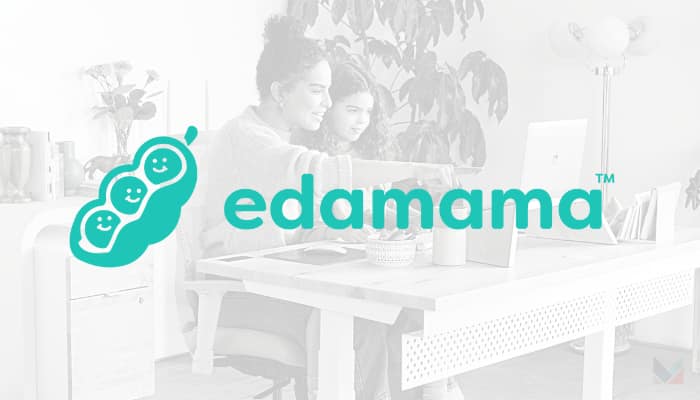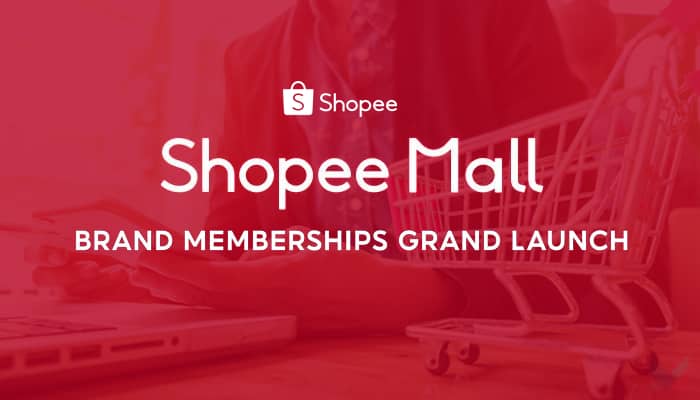China – The Olympics has become more than just an event for sports fans – simply by being part of the current generation alone instills the excitement and eagerness to witness this massive and seasonal coming-together, that brings all nations and people of all races to celebrate the human strength and talent.
AliExpress, Alibaba Group’s e-commerce, is taking an extra step to celebrate the upcoming Tokyo Olympics. After the event has been halted for a year, people around the globe will finally see it to fruition, with just a few days left before its opening on 23 July 2021.
In the new campaign by AliExpress, everyone will be able to experience the camaraderie and oneness only such global event could bring, at least digitally. Called ‘ONE FLAG’, the campaign is a global one that forefronts a digital flag that absolutely anyone, from any part of the world, can be a “part of.”
The digital ‘ONE FLAG’ is simply made of strings woven together that bear the trademark non-black colors of the Olympics – Red, Yellow, Green, and Blue. It’s a flag with no fuss until you learn what the strings are “made of.”

The global retail online marketplace has curated an exclusive website made especially for the campaign for people to join. In it, you would only need to upload a photo of yourself, where without any further ado, you’ll see yourself transform into a ‘thread,’ and now interlaced to form the digital flag.

Any photo can be uploaded but AliExpress encourages that it be one showing that you are supporting or cheering for the Olympics. To make things official, and make the experience personalized for the participant, he or she will be informed of the specific count of his or her thread in the entirety of the flag, such as for example, being the 9000th thread. On the website, a certificate can be also downloaded as proof that you are one strand to the flag, something that you can share and boast about on social media.
“At AliExpress, we’re committed to connecting people through innovative digital experiences, and we are honored to partner with the [International Olympic Committee] to create an engaging and interactive experience that brings people together,” said Christina Lu, the head of marketing at AliExpress.
She adds, “In many ways, the Olympic Games Tokyo 2020 will be a completely new experience for athletes and fans due to the pandemic. With fans unable to cheer from the sidelines during these unprecedented times, our ONE FLAG initiative fosters togetherness among millions of people who will be watching the Olympic Games at home this year to show support to the Olympic Games and athletes.”
Yuto Horigome, a Japanese skateboarder who is currently ranked 2nd on the World Skateboarding Rankings, will be among the first athletes to participate in the ONE FLAG initiative to call for worldwide support for Olympic Games Tokyo 2020 and athletes.
In January 2017, Alibaba Group and the International Olympic Committee (IOC) announced their long-term partnership that would see them collaborating until 2028. As part of the Olympic Partner (TOP) worldwide sponsorship program, Alibaba has been tapped as its official ‘Cloud Services’ and ‘E-Commerce Platform Services’ Partner.
Prior to the current campaign, AliExpress has also launched an Olympic-themed campaign for the pre-pandemic Winter Youth Olympics which was held in Lausanne, Switzerland, the home of the IOC, in January 2020. Through the Lausanne 2020 campaign, AliExpress promoted winter sports and encouraged fan engagement, mainly connecting consumers from around the world with thousands of featured winter sports products.
The Tokyo 2020 Olympics will be held from 23 July to 8 August 2021.














